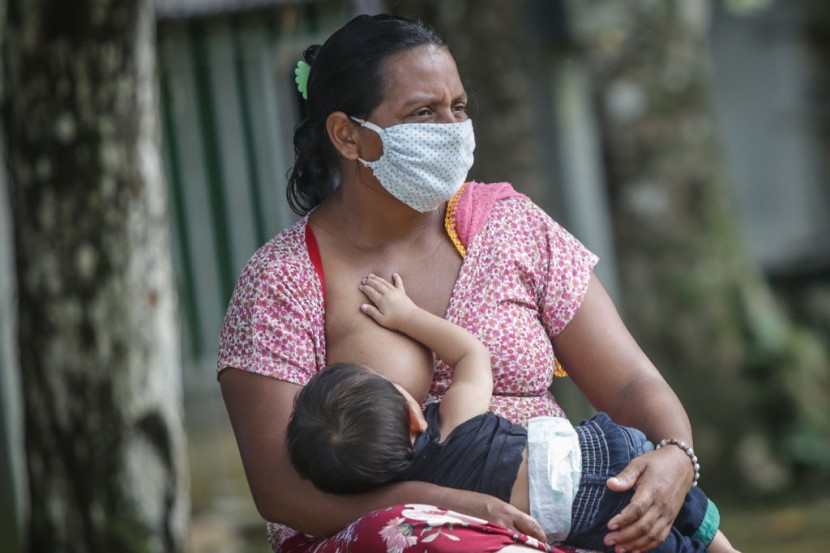
Scientists suggested that vulnerable individuals could ward off the infection brought by COVID-19 using coronavirus survivors' breast milk.
Amsterdam University's team studied breast milk coming from 30 lactating women who tested positive with coronavirus and they found out that it contained antibodies specific for COVID-19.
The antibodies are proteins that give immunity and help destroy an invading virus. It also denies the virus to hold for a second time.
Based on the study, breast milk is best administered when it is a form of ice cubes as it is more effective. It is because of the antibodies that are more in contact with mucous membranes in that state.
Mucous membranes are mucus-secreting tissues that line the respiratory tract and gut.
Now, scientists are looking and recruiting for 1,000 lactating women unnecessarily having tested positive with COVID-19 for the scientists to have a better understanding of how common are the said antibodies among the lactating mothers, New York Daily News reported.
Antibodies vs Virus
Amsterdam University's Emma Children's Hospital Professor Hans van Goudoever shared in a statement that breast milk could be the possible answer by the risk groups when a possible second wave of coronavirus occurs.
He also added they are thinking that after drinking the milk, the antibodies available attach themselves to the surface of the recipient's mucous membranes.
Professor Hans van Goudoever also mentioned that the antibodies attack the virus particles before they enter the body.
Read also: Experts Urge People to Get Flu Shot, Fear a Possible 'Twindemic' as Flu Season Approaches
By the time that the immune system faces a virus, automatically cells work and create antibodies.
These antibodies lock onto the virus's surface, neutralizing it, or even marking it to be destructed by other immune cells.
By the time that the infection will be encountered for the second time around, the immune system will ramp up the production of its weapons, as it will prevent the virus to take hold for another time.
According to Yahoo!, the scientists use the same principle behind vaccines wherein an individual will be exposed to a harmless amount of an infection which will allow the immune system to recognize so that it will not have an effect in its future invasion in the body.
Despite the initial positive result, concerns have been flagged about the duration of the effectiveness of the coronavirus-antibodies as it will hinder the possible immunization program.
On the other hand, the University of Washington scientists found three individuals who had overcome COVID-19 and were not infected again during the localized outbreak.
Based on the blood samples, they revealed that antibodies were available circulating in it which shows the immune-fighting protein warding off the possible second infection.
Home Care Residents may Benefit from Breastmilk Ice Cubes
Breast milk is globally used in protecting newborns as it contains antibodies that fight a number of respiratory infections.
University of California scientists in San Diego recently reported that there is no documented case of any COVID-19 transmission among infants through breast milk.
Mothers who chose to breastfeed were encouraged by the World Health Organization to continue especially during this pandemic.








